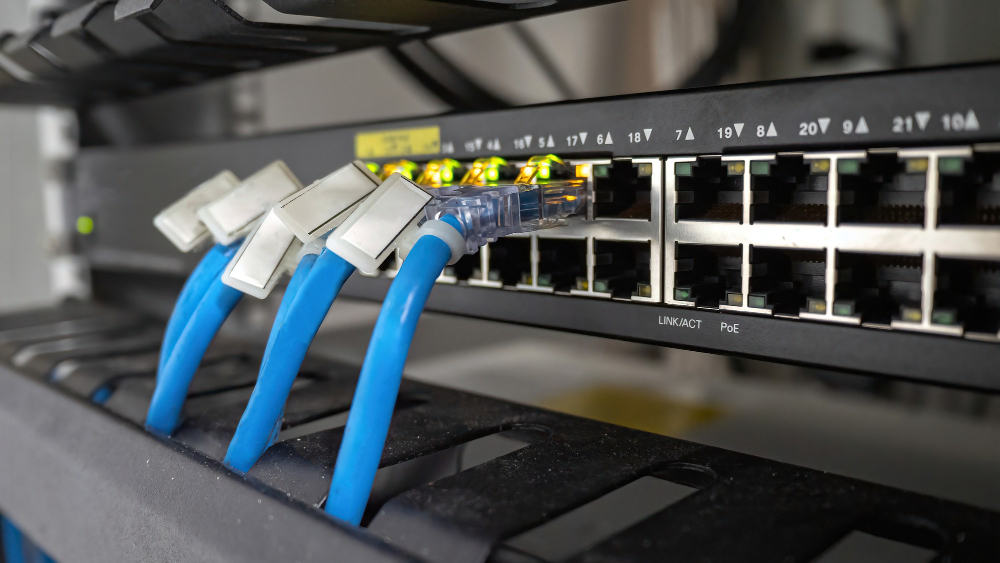An IP (Internet Protocol) address is a unique identifier for a device on the internet or a local network. It is a string of numbers separated by periods, such as 192.158.1.38, where each number can range from 0 to 255. IP addresses are crucial for the functioning of the internet, as they contain location information and make devices accessible for communication.
How IP Addresses Work
IP addresses allow for the sending of information between devices on a network. They are mathematically produced and allocated by the Internet Assigned Numbers Authority (IANA), a division of the Internet Corporation for Assigned Names and Numbers (ICANN). When a device connects to the internet, it is assigned an IP address by the Internet Service Provider (ISP). This IP address can change, for example, when a modem or router is turned on or off.
Types of IP Addresses
- Consumer IP Addresses: Each individual or business with an internet service plan has two types of IP addresses: private and public.
- Private IP Addresses: Used inside a network, each device connected to your internet network, like computers and smartphones, has a private IP address.
- Public IP Addresses: The primary address associated with your whole network, used outside your network.
- Public IP Addresses: These come in two forms – dynamic and static.
- Dynamic IP Addresses: Change automatically and regularly.
- Static IP Addresses: Remain consistent and are crucial for businesses hosting their own server.
- Website IP Addresses: For websites not hosting their own server, there are shared and dedicated IP addresses.
- Shared IP Addresses: Used by websites on shared hosting plans.
- Dedicated IP Addresses: Used by websites that purchase a dedicated IP address for hosting.
How to Look Up IP Addresses
You can check your router’s public IP address by searching “What is my IP address?” on Google. For private IP addresses, the process varies by platform, such as using the command prompt on Windows or checking network settings on a Mac or iPhone.
IP Address Security Threats
Cybercriminals can use various techniques to obtain your IP address, such as social engineering and online stalking. They can use your IP address to launch attacks, impersonate you, or even track down your location.
How to Protect and Hide Your IP Address
- Using a Proxy Server: An intermediary server that routes your traffic.
- Using a Virtual Private Network (VPN): A more secure option that encrypts your data and hides your IP address.
When to Use VPN
- When using public Wi-Fi.
- When traveling to access geo-blocked websites or services.
- When working remotely for secure access to company networks.
- For privacy at home to prevent tracking and data collection.
Other Ways to Protect Your Privacy
- Change privacy settings on instant messaging applications.
- Create unique and strong passwords for your devices.
- Stay alert to phishing emails and malicious content.
- Use comprehensive antivirus software and keep it updated.
Protecting your IP address is essential for safeguarding your online identity and privacy. Using these methods can help you stay safe against various cyber threats.

